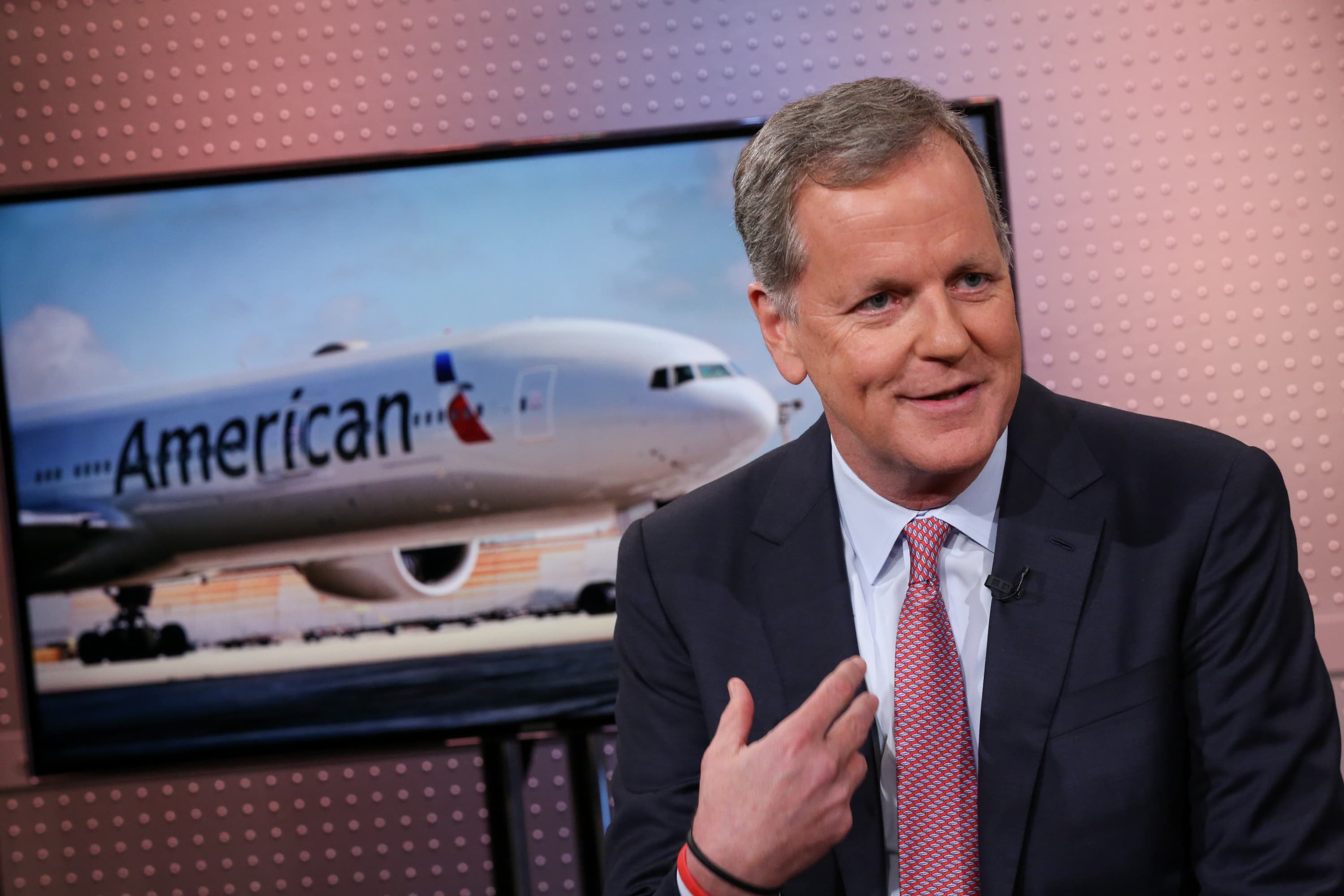It's official — with a net worth of $190 billion at the time of writing, Elon Musk is the world's richest person. He's already got an idea of how he's going to spend the money as well.
The tech entrepreneur, who serves as CEO of electric car firm Tesla and spaceflight firm SpaceX, has overtaken Amazon CEO Jeff Bezos to the number one spot. The switch, the Bloomberg Billionaires Index shows, is because the bulk of Musk's calculated wealth comes from owning 20 percent of his electric transportation and renewable energy company Tesla. The company's stock price has skyrocketed in recent weeks, with a current market cap of $774 billion.
So what is Musk to do with his new-found wealth?
Want to find out more about Musk's plans for the future? Subscribe to MUSK READS+ for exclusive interviews and analysis about all things Musk.
For the time being, Musk's wealth is largely in Tesla stock. Bezos, who owns over 10 percent of Amazon, has sold off his own stock piece-by-piece — $2.9 billion in 2019 and over $10 billion in 2020. That still left him with almost $170 billion in Amazon stock, according to CNBC in November 2020. Bezos has stated that his goal is to give around $1 billion per year to his rocket launch startup, Blue Origin.
Musk outlined in June 2018 how he plans to sell off his stock:
"Already sold >$100M TSLA for charity. Will do about that every few years. Major disbursements in about 20 years when Tesla is steady state."
In terms of the far future, Musk has already outlined his plans. In October 2018, he wrote on Twitter that "you should ask why I would want money":
"The reason is not what you think. Very little time for recreation. Don’t have vacation homes or yachts or anything like that. About half my money is intended to help problems on Earth & half to help establish a self-sustaining city on Mars to ensure continuation of life (of all species) in case Earth gets hit by a meteor like the dinosaurs or WW3 happens & we destroy ourselves."
The comments highlight what is perhaps Musk's most expensive project: a self-sustaining city on Mars of one million people by 2050.
In October 2019, Musk broke down the cost of the ambitious project:
- Sending one ton to Mars could cost $100,000.
- A self-sustaining city would require one million tons to the nearest order of magnitude.
- The city would therefore cost between $100 billion and $10 trillion.
Assuming Musk still only plans to spend around half his wealth on a self-sustaining city, it seems he might only just be able to afford the low-end estimate.
Musk has been criticized for this plan before. Director Werner Herzog described it to Inverse in November 2020 as an "obscenity," while entrepreneur Jack Ma said in August 2019 that Earth "needs more heroes."
But Musk has suggested the plan doesn't cost as much as it seems. During his August 2019 appearance with Ma, he said that the plan would require around half a percent to one percent of the world's gross domestic product. This figure is somewhere between the amounts spent on cosmetics and healthcare.
The World Bank estimated the world’s gross domestic product at $85.7 trillion for 2018, which would suggest an expenditure of $400 to $900 billion. Musk described it as "a wise investment for the future."
The Inverse analysis — Musk has regularly claimed he wants to use his money to fund his Mars city goal. In May 2020, he declared he was also selling "almost all physical possessions." Later that month, he said on the Joe Rogan Experience that possessions "kind of weigh you down."
But Musk's charity contributions have come under scrutiny. He's a signatory to the Giving Pledge, where the world's richest commit to giving the majority of their wealth to philanthropy. But The Guardian reported in November 2020 that his charitable foundation, the Musk Foundation, has only given around $100 million away.
A Quartz analysis in October 2020 found Musk had donated around $257 million to the fund. The fund had given 86 percent of its wealth to three sources, two of which were donor-advised funds. These funds, commonly used by billionaires, are criticized for a lack of transparency.
Musk has pledged to give half his wealth to philanthropy or charitable causes. He will have to increase his contributions if he has any chance of meeting this goal in his lifetime — a shift he suggests would happen in about 2038.
Article From & Read More ( Elon Musk: how the world's richest person plans to spend his money - Inverse )https://ift.tt/2Lj84gS
Business

No comments:
Post a Comment